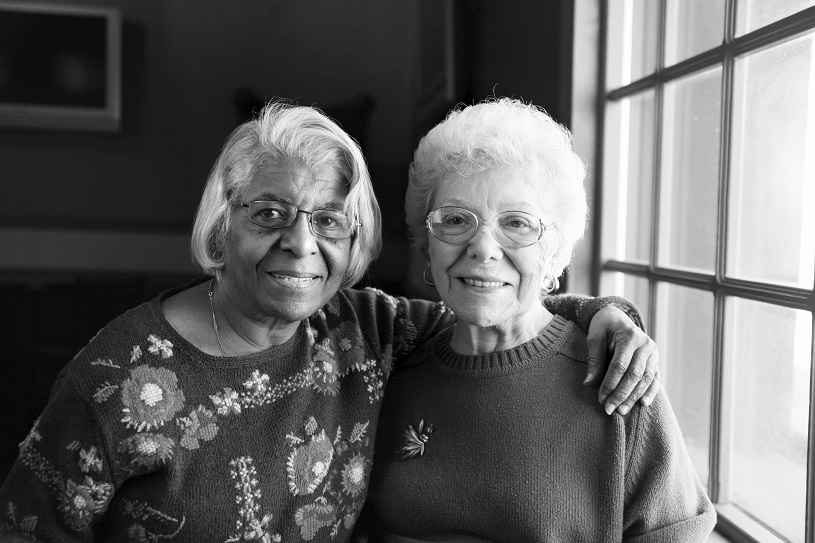 Our Bureau of Tobacco and Chronic Disease has joined forces with community partners to educate the public about Alzheimer’s disease and the growing challenge in our state. We’re starting a public awareness program called All In for Alzheimer’s with our partners KTAR, the Alzheimer’s Association, the Arizona Center on Aging, Hospice of the Valley, the Arizona Alzheimer’s Consortium, the Barrow Neurological Institute on Alzheimer’s, and Wells Fargo Bank.
Our Bureau of Tobacco and Chronic Disease has joined forces with community partners to educate the public about Alzheimer’s disease and the growing challenge in our state. We’re starting a public awareness program called All In for Alzheimer’s with our partners KTAR, the Alzheimer’s Association, the Arizona Center on Aging, Hospice of the Valley, the Arizona Alzheimer’s Consortium, the Barrow Neurological Institute on Alzheimer’s, and Wells Fargo Bank.
Alzheimer’s disease is a serious health issue in Arizona and across the country. Throughout the next 10 years, the number of people with Alzheimer’s in Arizona is expected to increase exponentially because of our aging population. In most people, Alzheimer’s symptoms appear after age 60, but the disease is not a natural part of aging .
The partnership includes a special five-part news series produced by KTAR that highlights the effects Alzheimer’s disease has on patients and caregivers. Typically friends and family members provide care for patients diagnosed with Alzheimer’s, which can put emotional, physical, and financial burdens on caregivers.
People in the final stages of the disease are bed-bound and require around-the-clock care. An estimated 300,000 Arizonans and 15 million Americans provide care for people with Alzheimer’s disease and other dementias. (Alzheimer’s accounts for 60 to 80 percent of dementia cases.) Supporting caregivers is vital to improving the overall health of the family living with someone with Alzheimer’s disease. As we look to the future of caring for our aging population, we’ll work with government and community partners to develop resources to help people caring for those with Alzheimer’s disease.
Alzheimer’s disease cannot be cured or prevented, but early diagnosis can help both the patient and caregivers. If you or a loved one is experiencing memory loss or is concerned about Alzheimer’s disease, there are 10 common warning signs and symptoms.
If you notice any of these, please see a medical provider:
- Memory loss that disrupts daily life
- Challenges in planning or solving problems
- Difficulty completing familiar tasks at home, at work, or at leisure
- Confusion with time or place (example: wandering and getting lost)
- Trouble understanding visual images and spatial relationships
- New problems with words in speaking or writing
- Misplacing things and losing the ability to retrace steps
- Decreased or poor judgment
- Withdrawal from work or social activities
- Changes in mood and personality
For more information about caregiver support visit our Arizona Healthy Aging website.









